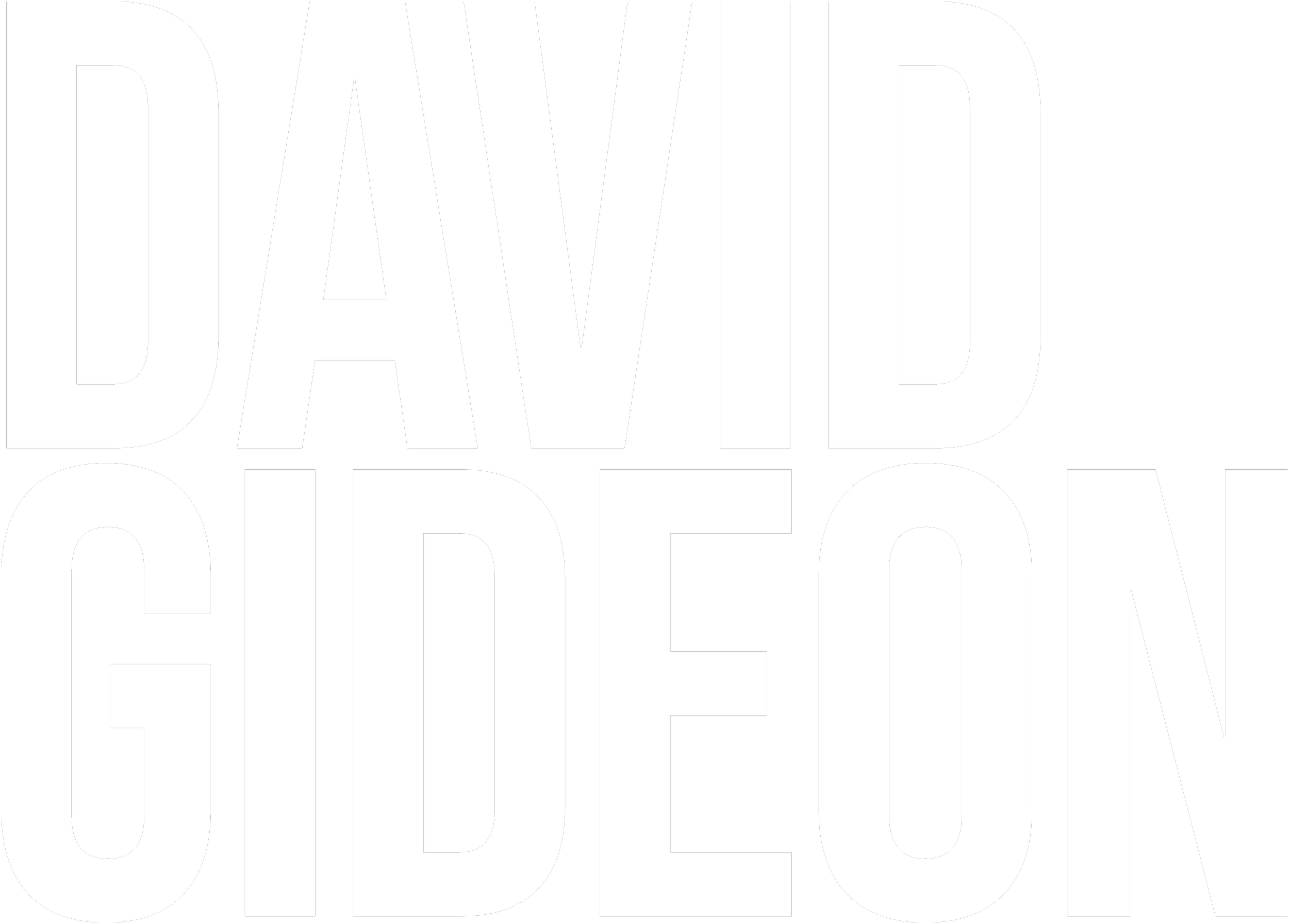When Anthony Hopkins was a guest on “Inside The Actors Studio” he was asked if he still used sense memory work, or any of the other training work, in his acting. His answer was both wonderful and misleading. To paraphrase, he said “no, but I really rely on staying relaxed to let my imagination work”. It was misleading because like any well learned skill, the artisan becomes unaware of how much s/he is relying on using what s/he knows “in her bones”. But it was wonderful because behind and underneath everything we do onstage lies relaxation.
Why is it so vexing to so many people, then? In part it is due to the very fact that we need to teach people to relax. We even need to teach them what we mean by relaxation. Let’s face it, everyone relaxes every day, or at least a part of every day. To then make them think about it creates it’s own type of tension. It can lead people to say “am I doing it? Am I doing it correctly? Am I relaxed? Where is my tension? What can I do about it? What if I fail? What if I remain tense? What if someone else thinks I’m tense? ” And on and on to a point in which relaxing becomes a futile effort.
It is impossible to cover all the aspects of relaxation in a blog, but here are a couple of salient points. Relaxation is not necessarily calm nor comfortable. Most of the time when we need to calm down it is very physically demanding. We work hard to store the intruding energy inside ourselves to a point in which we are almost incapable of doing anything else. As if this in itself wasn’t uncomfortable enough, many of our muscles aren’t used to being relaxed so when we release them we can feel awkward and off balance.
Many acting teachers show their students relaxation techniques as a preparation for their performances. The Method Acting approach that Lee Strasberg gave us is meant to not only prepare us for performance, but also to be part of work while we are performing. He described performance relaxation as “the ability to tune the instrument while playing it”. Why is this necessary? The very playing of the actors instrument (just like a stringed instrument) puts it “out of tune”.
What does relaxation accomplish for us? It allows whatever the actor is experiencing on stage a clear passage throughout the instrument. This is true for both created and actual onstage elements. Very importantly, it allows the actor to express the experience freely, without preconceived ideas, and without cliché. It allows the actor to follow impulse.
Think of it this way. An actor’s relaxation and the ability to express impulse freely co-exist on an imaginary circle. You can’t relax if you don’t allow yourself to express, and you can’t express if you don’t relax. It takes a while to make relaxation a part of what you are always doing, but with practice and the guidance of a knowledgeable teacher the process becomes less intrusive and more a part of who you are – onstage and off. Far too many actors who train this way believe that because they understand this process, they can do it. None of us are born of whole cloth. We need to train, practice, and reinforce new ways of going about things. The difficult part is learning to accept the real, individual, you that emerges.
